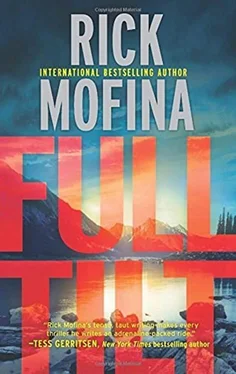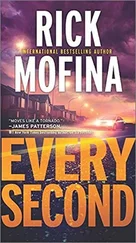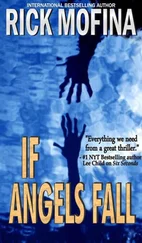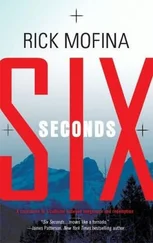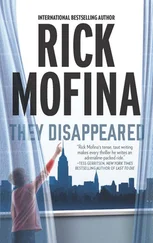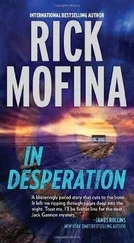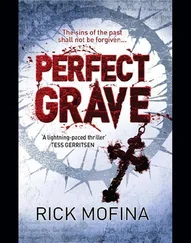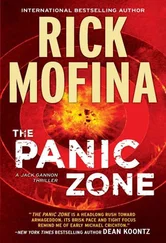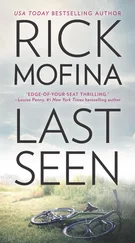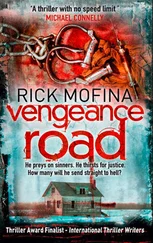She found the Zurrn house at the fringe of the neighborhood, where freshly painted homes with neat lawns stood next to those with overgrown yards and boarded-up windows laced with graffiti.
Kate shut off the car.
The motor ticked down as she studied the compact wood-frame house, sneaking a few quick pictures with her phone. The small front yard was overtaken with weeds. A couple of panels of the vinyl siding had warped and bent out from the walls. Shingles curled or were missing from the roof, and the chimney had gaps where the mortar had eroded and blown away.
The place stood as a tired headstone to hope, she thought as she knocked on the door. Flyers overwhelmed the mailbox. No one responded. A dog barked far off in the distance. A siren faded. Kate knocked again and pressed her ear to the door.
Nothing.
She took out a business card, jotted a request for the residents to call her cell phone ASAP, wedged it in the frame, turned and tapped her notebook to her leg. Of course different people had lived in the house over the years, but she was hopeful someone might remember Krasimira Zurrn and her son, Sorin.
Bright patches of blue and yellow flashed from the backyard of the house across the street. Kate would try the neighbors.
The house across the street had a lush manicured lawn, a thriving flower garden. The brick bungalow, with its gleaming windows, gave off a pleasant soapy smell as Kate walked along the driveway.
“Hello!” she called as she approached the back.
A man and woman were on their knees working in the small jungle that was their vegetable garden. The man wore a ball cap. The woman wore a large straw hat. They were gathering berries into a plastic bowl.
“Can I help you?” The man got to his feet, eyeing her carefully.
“I’m Kate Page, a reporter with Newslead.” Kate fished her Newslead photo ID from her bag and showed it to him.
“You come here from New York?”
“Yes, I’m researching the history of Krasimira and Sorin Zurrn, who used to live across the street. I was wondering if I could talk to you about them.”
“Krasimira Zurrn?” the old man repeated. “Why come from New York?”
“Well, we’re looking at family history for a story.”
“What kind of story?”
“A crime story.”
The woman stood and spoke a long stream in what Kate thought was Polish to the man, who debated with her in Polish before answering Kate.
“Krasimira Zurrn died a long time ago,” he said.
“I know. Did you live here then? Did you know her?”
“I remember that one.” His eyes glinted.
The woman spoke in Polish again and the old man waved her off.
“Yes. This Zurrn woman, she had problems.”
“What kind of problems?” Kate took out her notebook.
“Are you going to write my name down in your story?”
“I don’t know your name, unless you want to give it to me?”
“I don’t care. Stan Popek, eighty-three, retired welder. My wife is Magda.”
“I don’t want my name in the paper.” Magda Popek waved her hand.
“Okay,” Kate said. “Just Stan. How do you spell Popek?”
“P-o-p-e-k.”
“Got it.”
“This Zurrn-” Popek nodded at the house “-she was a nurse, but then she took drugs. She had men coming and going. That’s how she paid her rent. This was very bad for the boy.”
“What can you tell me about Sorin, her son?”
“He was strange.”
“What’d you mean?”
“He always played by himself. He had no friends. He had a bad limp. He was a sad boy. Always running after butterflies and working on electrical things in his basement.”
“Did you ever talk to him?”
“A little bit. I used to give him old tools because I felt sorry for him. He was pretty smart about computers. Once he showed me in their garage how he built one using parts from others. It worked really well. I think he was very intelligent.”
“Do you know where Sorin lives now?”
Popek stuck out his bottom lip, shook his head, then turned to his wife and said something in Polish before returning to Kate.
“No, it’s been too long.”
“Do you know if the people living in the Zurrn place now might know?”
“Nobody’s there now. The landlord’s trying to rent it. Lots of people have lived there since the Zurrns.”
“Do you know the landlord?”
“Tabor something.”
“Lipinski,” Magda Popek said. “Tabor Lipinski, he’s rented it for years.”
“Do you have number for him?”
“No,” Magda said. “He’s a nasty, greedy man.”
Kate made some notes.
“Did Sorin Zurrn have any brothers, sisters or any other relatives?”
Popek shook his head.
“You say he had no friends, not even one?”
“Never saw him with other kids.”
“Did he belong to Scouts or any clubs? Did he work after school?”
“No, nothing like that.”
“What school would he have gone to? What high school?”
“Thornwood High School. It’s not too far. I can draw you a map.”
Kate asked a few more questions before thanking Popek and exchanging contact information.
“You know, he had a mean side,” Popek said.
“How so?”
“He never went to his mother’s funeral.”
“Did you go?”
“Yes, we both did. She was our neighbor. But there were less than ten people and Sorin, who was a grown man, was not one of them.”
“That’s sad.”
“It’s worse than sad. His mother committed suicide and they say he never showed up when they buried her. That’s cold-blooded.”
Chicago
Kate climbed the front steps of Thornwood High School, a classic three-story redbrick-and-yellow-stone building.
She went to the central office lobby and reported to the security desk, as the admin staffer had advised when she’d called ahead with her request for help to contact a former student.
It had been nearly fifteen minutes since Kate arrived at the counter where she now stood watching Officer Fred Jenkins, according to his nameplate. He’d already called the school official she was to meet, searched her bag and run a metal-detecting wand over her. He was now meticulously entering her driver’s license number into his computer.
As Jenkins slowly double-checked the number, Kate’s attention went to the security rules posted on a board under the flags and portrait photos of the president, governor, mayor and principal, spelled out in plain language for all to see. No guns, no knives, no weapons of any sort, no gang colors, no gang clothing, no fighting, no bullying and so on and so on.
“Here you go, ma’am.” Jenkins passed her a visitor’s pass. “I’ll keep your license, then exchange it for the pass on your way out.”
As she clipped the pass to her blazer pocket the door squeaked open.
“Kate Page?”
A woman in her late forties had entered.
“Yes.”
“I’m Donna Lee with the Alumni Association. Welcome to Thornwood, please come this way.”
They went down a hallway lined with lockers. The air smelled of floor polish, perfume and cologne, with traces of the gymnasium and body odor. They passed glass trophy cases and banners heralding the championships and glory captured over the years by the Thornwood Thunderbolts: basketball, wrestling, swim, track, football and other teams.
“I understand you’re looking for information on a former grad?” Donna asked as they walked.
“Yes, I was hoping the Alumni Association could help me.”
“And you’re a reporter?”
“Yes.” Kate gave her a business card. “I’m doing some biographical research for a story.”
“I see. This way, to the right.”
They proceeded down another hallway.
Читать дальше
Конец ознакомительного отрывка
Купить книгу
